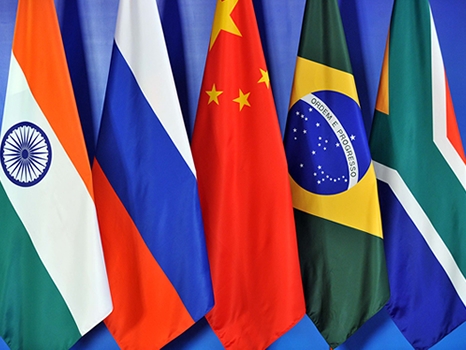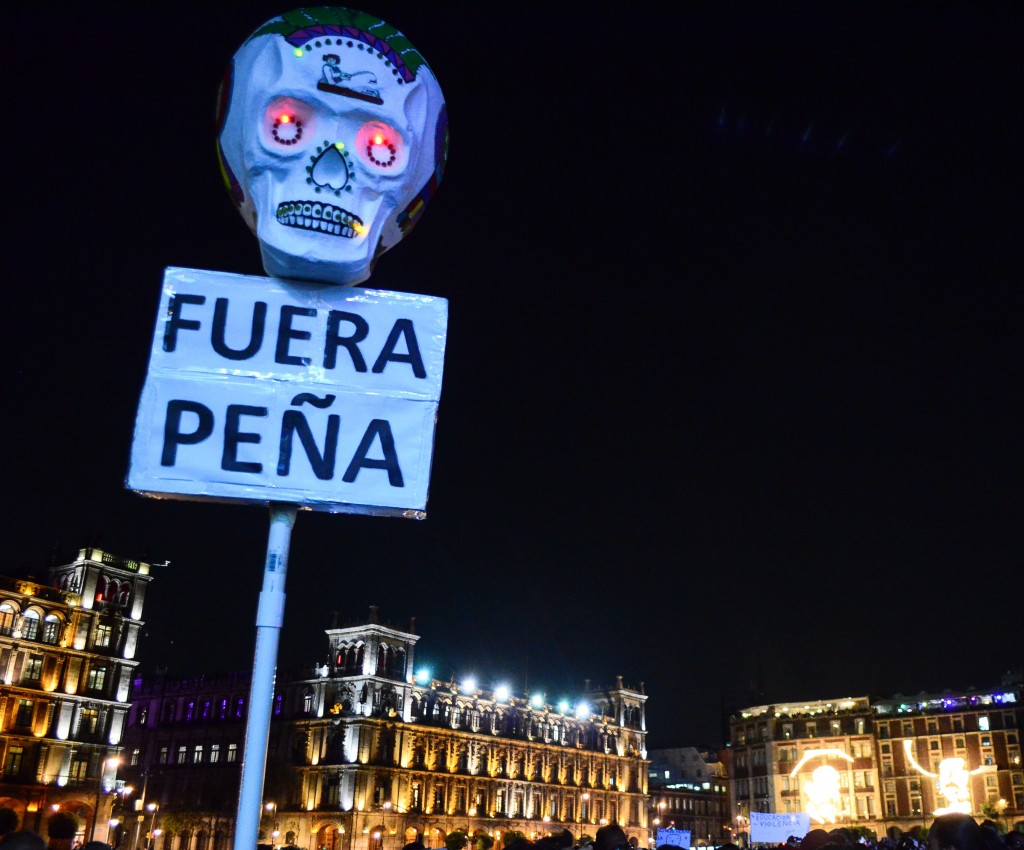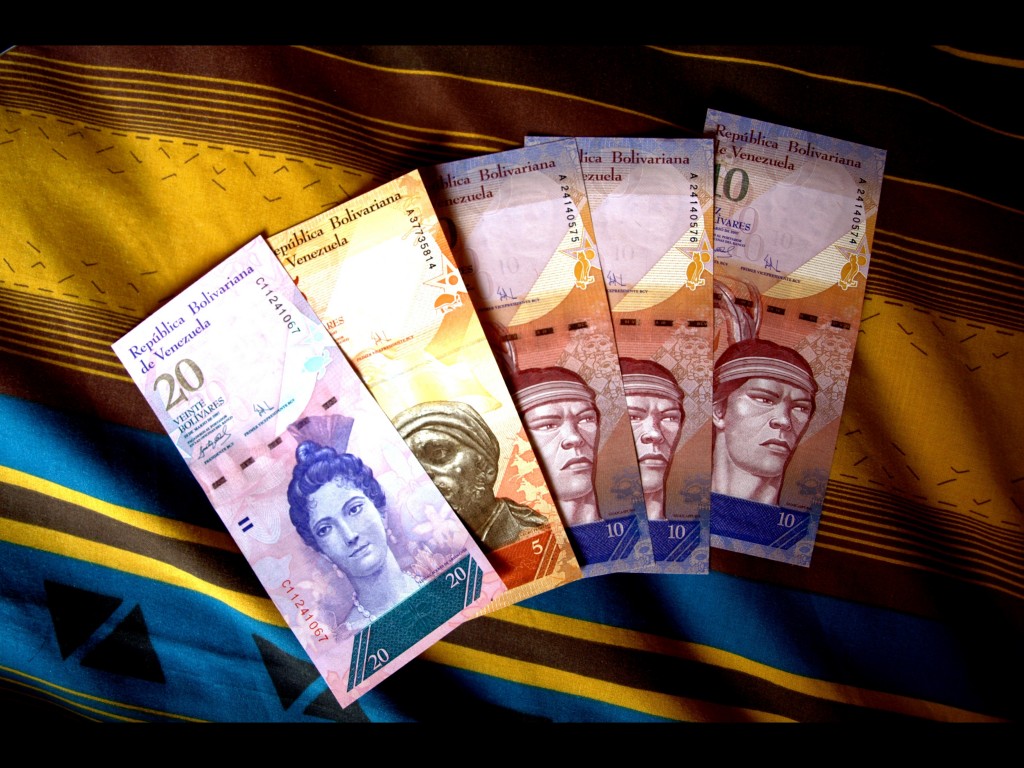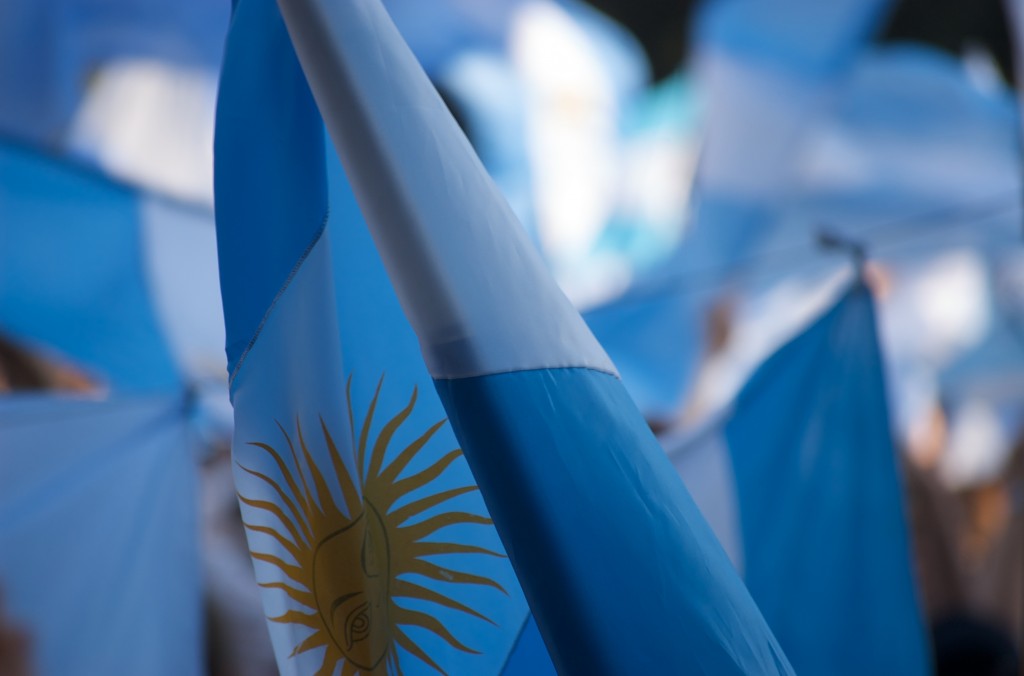 Here is my latest column for IBA Global Insight:
Here is my latest column for IBA Global Insight:
When it was first coined in 2001, the term ‘BRIC’ seemed little more than a quirky acronym. Since then, the term has quickly become universal shorthand for the emerging markets’ ascent in the global economy.
Brazil, Russia, India and China – and South Africa since it joined the fold in 2010 – have all come a long way since former Goldman Sachs Chief Economist Jim O’Neill first spotted their potential 14 years ago. Despite riding out the global financial crisis remarkably well, the mighty BRICS have not been left completely unscathed. The average growth rate of each country has slipped by more than two percentage points over the past decade.
At a recent IBA conference, From BRICS to MINT… and Beyond!, O’Neill said that China was the only one of the original BRICS that hadn’t disappointed him, clocking an average growth rate so far this decade of eight per cent. Although he acknowledged weaker commodity prices were partly to blame for poorer performances in Brazil and Russia, he maintained his view that rule of law is vital for economic success. If all these countries can ‘succeed in doing all the things that are necessary for rule of law, then they’re going to get somewhere’, he says.
Published on 15-06-15. Read on here




